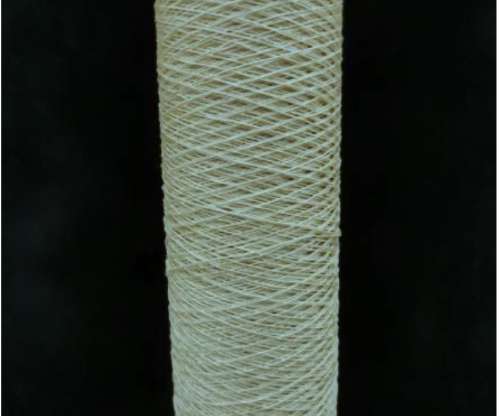Teijin Frontier develops first tire cord made from eco-friendly adhesive and recycled polyester
Green Car Congress
SEPTEMBER 12, 2022
According to the company, this is the world’s first commercialization of a tire cord that combines an RF-free adhesive and a chemically recycled polyester fiber. Due to its use of an adhesive polymer compound instead of RF, the new tire cord reduces the environmental impact of adhesive processing. Teijin Frontier’s new tire cord.

































Let's personalize your content